City Girl: The Masters of Cinema Series
F.W. Murnau was one of the true greats of silent cinema and, after honing his art and building up a formidable reputation in Germany, was brought to the US by William Fox and given free reign. The result was Sunrise which, despite being a critical hit, was a box office flop yet Fox persisted with the German maestro and three films followed: 4 Devils, Tabu: A Story of the South Seas and City Girl.
Released in 1930, City Girl bears many similarities to Sunrise, with an outsider travelling away from their home and romancing someone in their new location. In Sunrise, a woman from the city travelled to a quiet village and corrupted a simple farmer whereas in City Girl, a naïve farmer journeys to the big city and falls in love with a waitress. Lem Tustine, an innocent farmer's son is charged to travel from the homestead in Minnesota to Chicago to sell the family's wheat harvest for at least $1.15 a bundle and, during his stay, meets and falls in love with Kate, a waitress. The price of wheat begins tumbling and, not knowing whether it will stop, come back up or continue to fall, Lem sells for a loss.
When he is just about to leave for home, he thinks of Kate and hesitates so notices a machine that weighs you and tells your fortune. The ticket he receives tells him to marry the one that he's thinking of and Lem delays his trip to marry Kate. Returning to the farm, his father is furious that Lem did not follow his instructions and holds his new bride responsible for distracting him. Finding she is increasingly unwelcome, events take a turn for the worse for Kate when the harvest is due and a group of farmhands arrive and take a shine to her. Unhappy in the country, she allows herself to be caught in a compromising situation with Mac, the head of the labourers, thus jeopardising the harvest and future of the Tustines.
Whereas Murnau was completely focused on Sunrise and saw the project from beginning to end, his thoughts were elsewhere during this shoot and he actually left before editing was complete to work on his next project. However, it bears all the hallmarks of a Murnau movie in this silent form but a 'talkie' version was released by Fox to publicise their 'Movietone' system to try and beat Warner Bros. and their 'Vitaphone' system of sound recording. Unfortunately for Fox, The Jazz Singer was such a massive success for Warner that Movietone was generally seen as second best and most theatres invested in Vitaphone.
There is some dispute as to how much input Murnau had on set and how much he left to the assistant directors, with all the dialogue and editing left to H.H. Caldwell and Katherine Hilliker, the team that had made the titles for Sunrise. That being said, City Girl is a wonderful film that shows Murnau's adaptability as a filmmaker as he had made his reputation as a master of mise-en-scène but here demonstrated his skill with montage - there are lots of quickly edited sequences and the style is far removed from his previous films.
There are wonderful performances by Charles Farrell and Mary Duncan in the leads and the final product is a terrific film that fits easily into the Murnau canon and sits near his very best.
The Disc
Extra Features
In terms of supplementary material, the solitary extra feature on the disc is a commentary by David Kalat who provides his usual exhaustive audio essay, quoting widely and bringing his extensive knowledge about Murnau and cinema to the table in what is a wonderful listen that provides a great deal of information.
As is customary for Masters of Cinema releases, this comes with a weighty booklet with an interesting essay by Adrian Danks and a number of production stills. This isn't the best that MoC have ever produced by is still a good read.
The Picture
This fully remastered DVD presents the film in 24fps (so it has the same runtime as the Blu-ray) and in the original aspect ratio of 1.19:1. This would usually indicate an NTSC-PAL encoding, but there are no major issues to suggest this is the case. The image quality is extremely good with excellent contrast which fully shows off the wonderful cinematography and direction. Some of the wheat harvest scenes were apparently filmed for a documentary and they certainly have an authenticity to them that backs up the assertion. The film will never be pristine as it is 80 years old but the amount of detritus is minimal.
Although this is a pretty atypical Murnau film, there are still some trademarks of his and a couple of undisputedly expressionist moments that suit the scenes perfectly.
The Sound
The score, a recent composition by Christopher Caliendo, is a wonderful effort, really evocative and suiting the material perfectly. It is extremely well presented by the Dolby Digital 5.1 track and, whilst the surrounds and subwoofer are rarely troubled, the score is very clear.
It's probably worth mentioning that this is the silent version as envisioned by Murnau, with Fox's talkie lost in the sands of time.
Final Thoughts
Eureka Entertainment and The Masters of Cinema really lifted the bar for silent films with their stellar Blu-ray release of Sunrise which was one of, if not the best, releases of 2009 so it is only natural that City Girl would fail to live up to those standards. 4 Devils is a 'lost film' so, with Sunrise and City Girl now given the Blu-ray treatment, Tabu shouldn't be far behind to complete the Murnau/Fox Collection. This was released on Blu-ray in February 2010 so it's good to see Eureka catering for those who have yet to make the jump to HD with this DVD release. However, the best way to watch City Girl (and Sunrise) is on Blu-ray so it is worth upgrading your home cinema setup.
City Girl is no classic, certainly not the best film F.W. Murnau ever made, and not up to Sunrise's immensely high standards but is a terrific cinematic achievement and the set is very good, but not great.
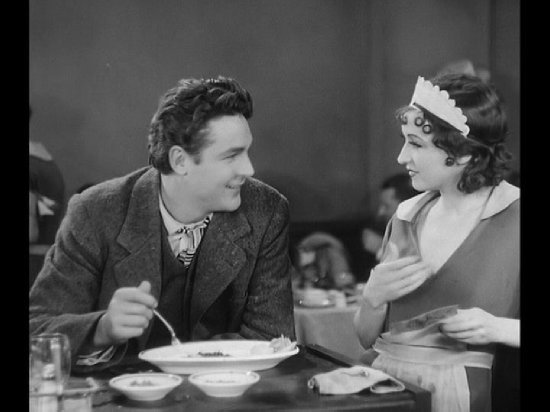
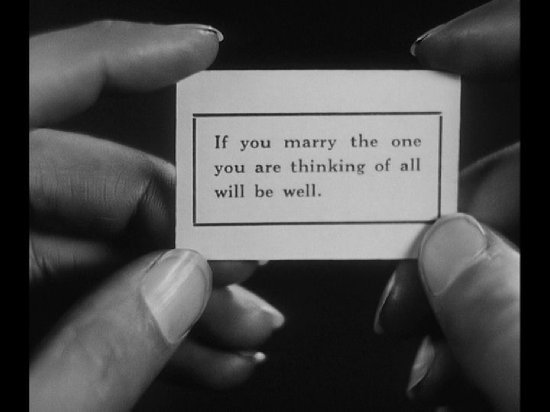
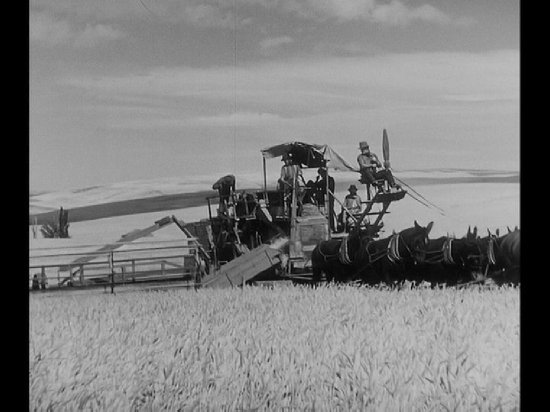
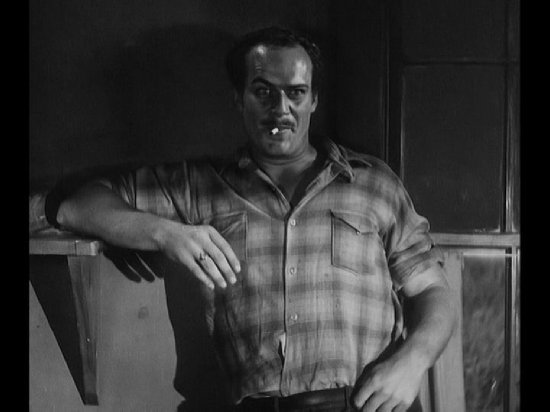
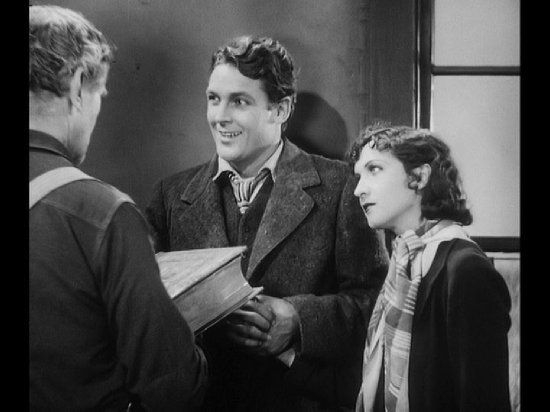
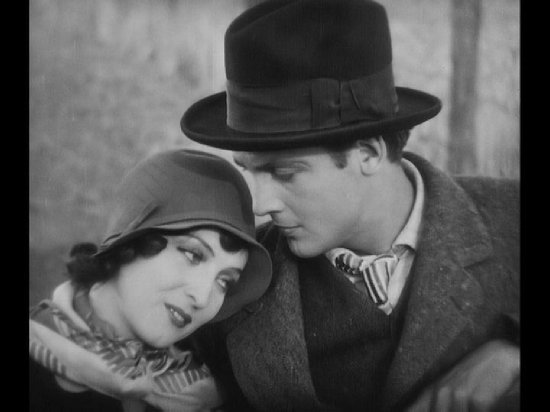
Your Opinions and Comments
Be the first to post a comment!